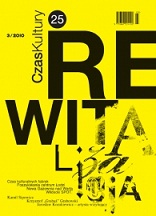

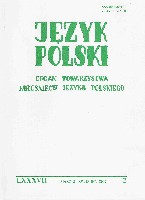
Keywords: European phraseology; Polish phraseology
Review: In reviewed book: Dariusz Bralewski about proverbs; Grzegorz Szpila about prototypical paremiological contexts, Stanisław Prędota about new edition of Dyutsche Adagia (1550); Stanisław Koziara about Polish biblical phraseology; Leon Zaręba about phraseological field 'money'; I. Kosek about phraseologisms singulare and plurale tantum type.
More...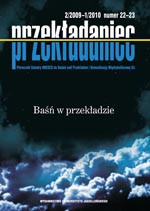
Keywords: literary translation; critical commentary; translation theory; comparative literary studies
Bringing together Paul Ricoeur’s On Translation and Peeter Torop’s Total Translation seems a risky intellectual enterprise, even if its rationale and incongruities are informatively pointed out by Edward Balcerzan, when he introduces this joint publication in his foreward entitled Total Translation, or on the Power of Hyperbole. The French philosopher’s phenomenological search for the true nature of translation is accompanied by his awareness that fi nding an/the answer is not realistic. His reflection on translation does not clarify – it complicates instead. Ricoeur, inspired by Antoine Berman and George Steiner, urges us to forsake the distinction into the translatable and the untranslatable; he chooses to consider translation as “linguistic hospitality,” which allows us to understand our identity in relation to “the other.” Ricoeur’s probing of the mystery of translation stands in opposition to the systematizing and classifying work of the Estonian semiotician. Torop’s attempt suffers from the enormity of the discussed material and lack of precision. Unfortunately, the Polish version is flawed, so the presentation of Torop’s argument will profi t from careful re-edition or even retranslation. Importantly, however, the two thinkers on translation should be presented separately.
More...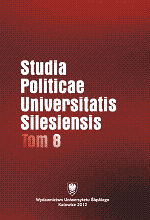
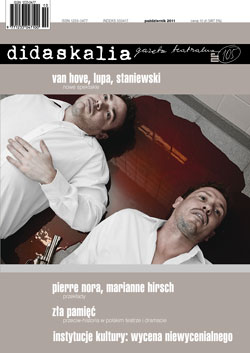
Keywords: Theatre; Review
A review of the play Daughters, directed by Małgorzata Głuchowska, based on Zofia Nałkowska’s Diaries and fragments of texts by other authors (premiere: 18 February 2011, Dramatyczny Theater in Warsaw). As Rataj notes, Daughters is made in the spirit of the original Young-Poland-era cabarets, though the director has departed from the “gender roles” that reigned at the time, and has pushed women into the foreground. Consequently, Głuchowska “has managed to create a play as complex as a box filled with surprises. […] Gently witty and subversive toward the fin de siècle climate, and yet all the while deeply charmed by it.”
More...
Review of: Katarzyna Jabłońska, Cezary Gawryś (red.), Między konfesjonałem a kozetką, Biblioteka „Więzi”, Warszawa 2010, 247 s.
More...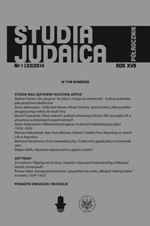
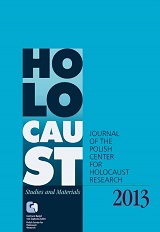
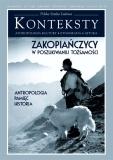
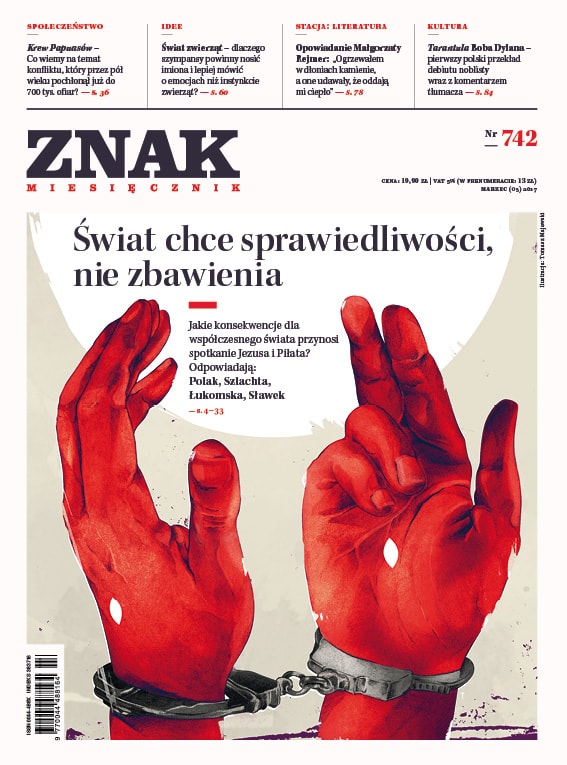
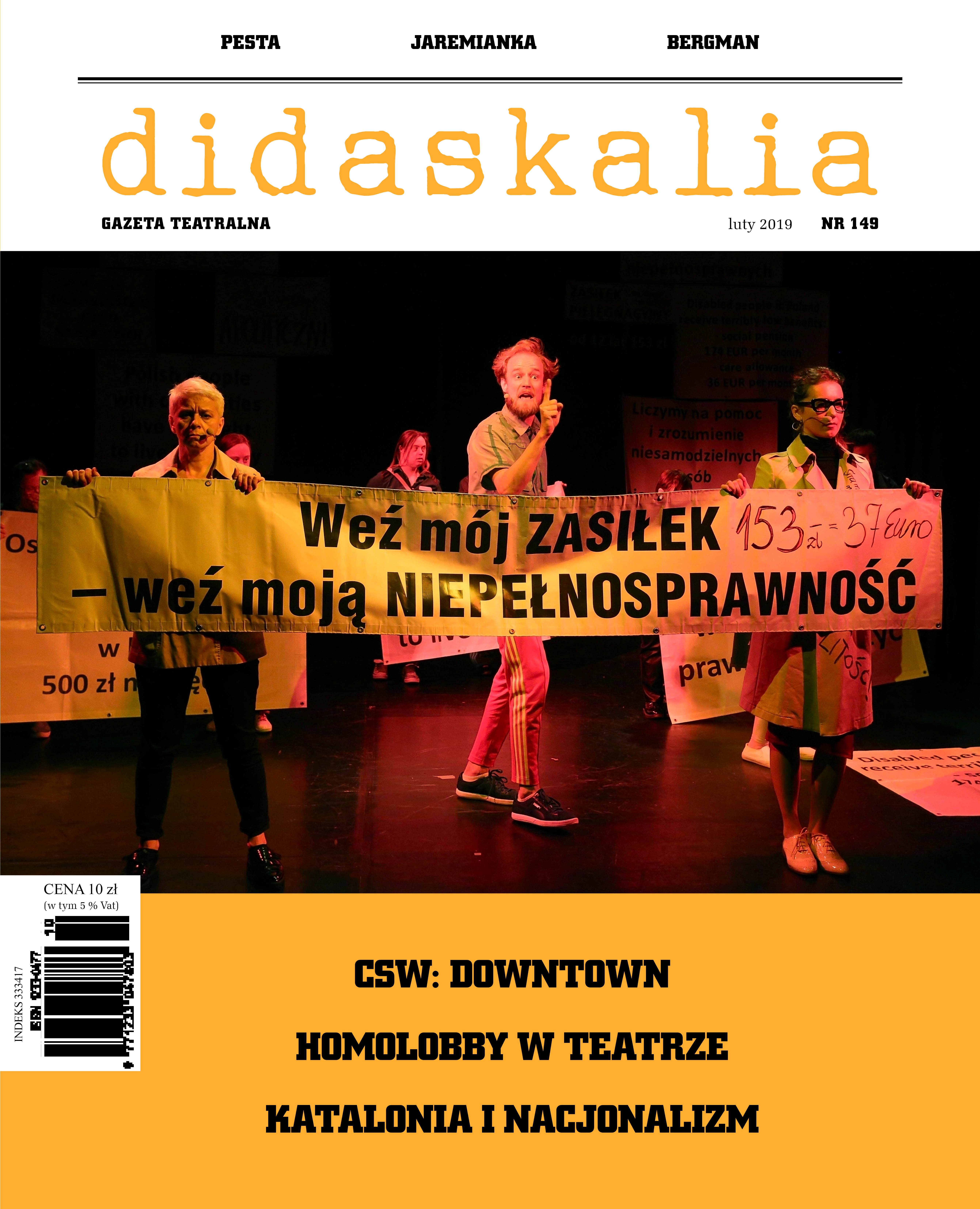
Klaudia Muca recenzuje książkę „Odzyskiwanie obecności. Niepełnosprawność w teatrze i performansie” pod redakcją Eweliny Godlewskiej-Byliniak i Justyny Lipko-Koniecznej (Wydawnictwo Fundacja Teatr 21, Warszawa 2017). Autorka uznaje publikację za krok milowy w obszarze konstruowania dyskursu i wiedzy w zakresie doświadczania niepełnosprawności, szczególnie w Polsce, gdzie disability studies są w szerszym dyskursie nieznane i niepraktykowane. Wyróżnia dwie perspektywy porządkujące zgromadzone w publikacji teksty – jedna związana z badaniem ciała niepełnosprawnego naznaczonego w dyskursie publicznym, druga związana z badaniem performatywności i wizualności przedstawień niepełnosprawności.
More...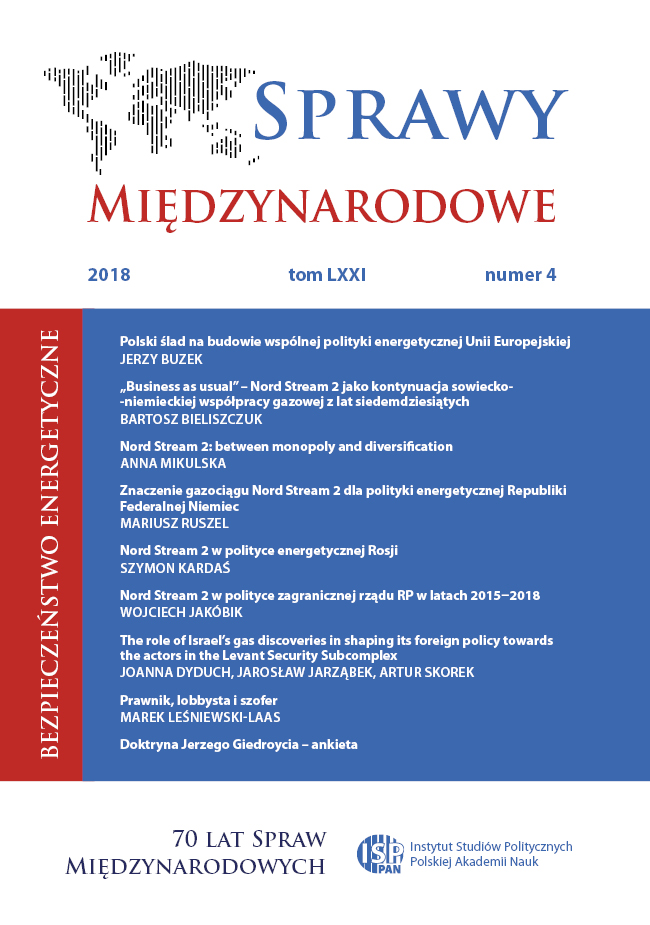
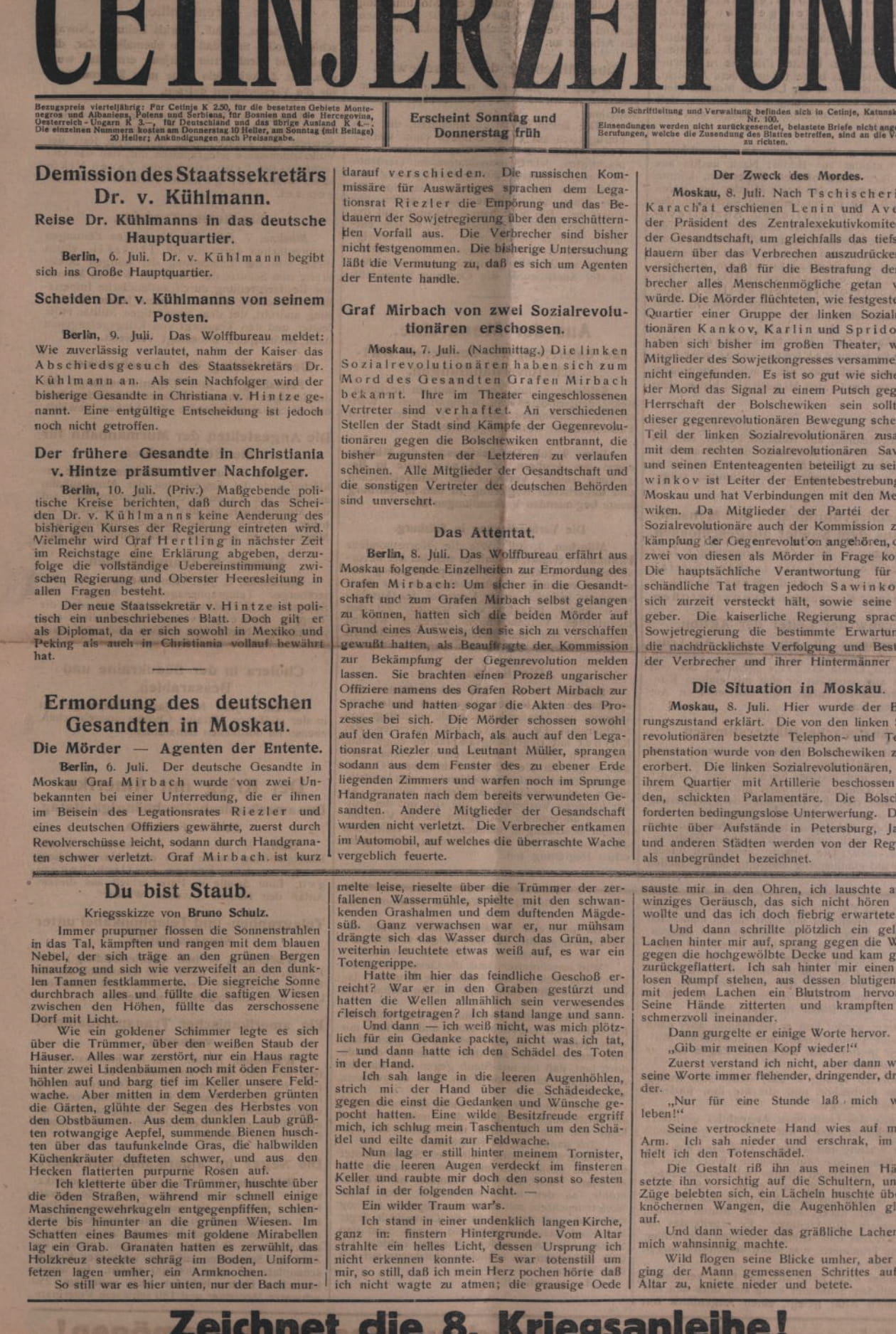
Polish translation of the year 1917 from Franz Kafka’s log by Reiner Stach, Kafka von Tagzu Tag. Frankfurt am Main: S. Fischer Verlag, 2017.
More...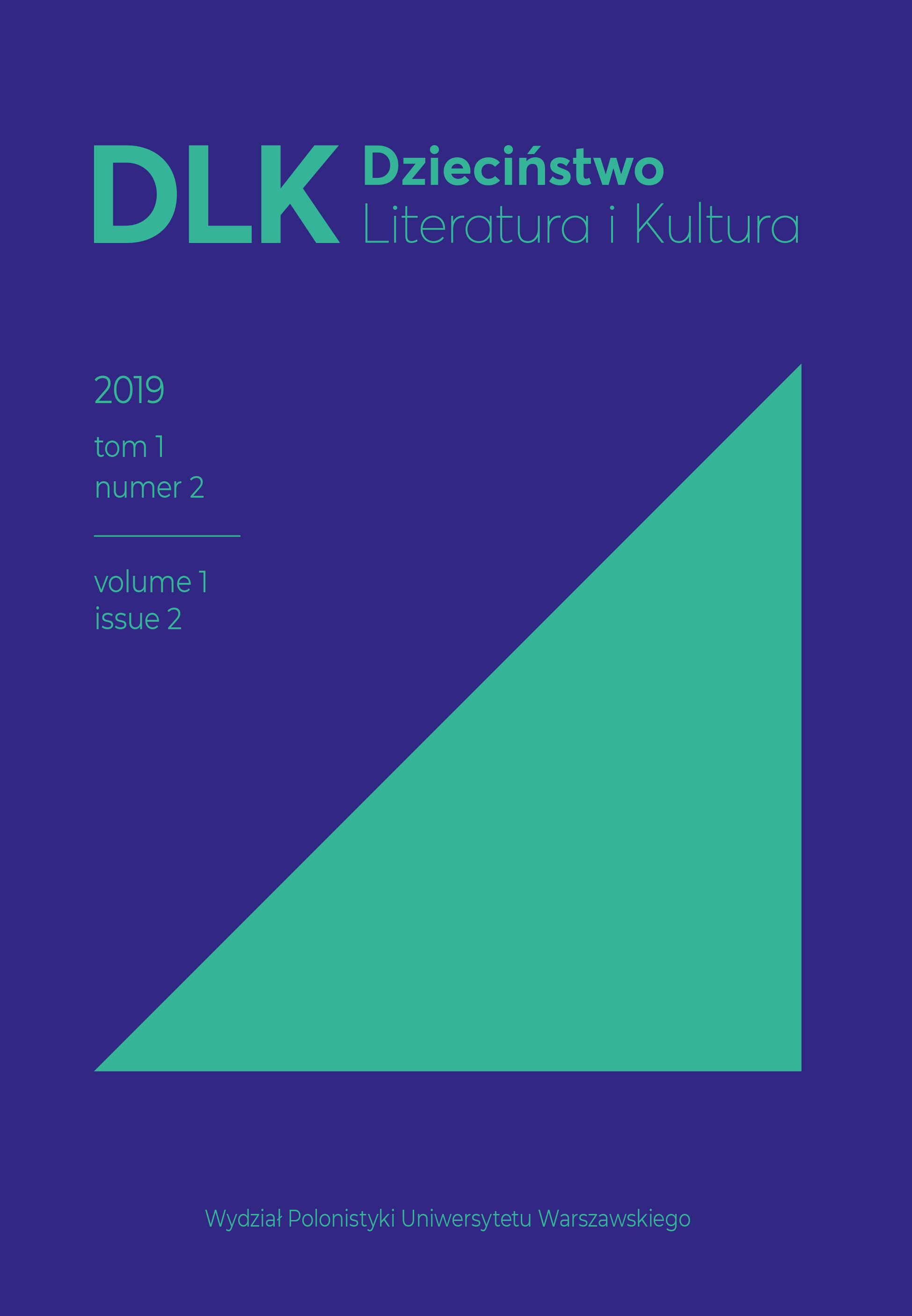
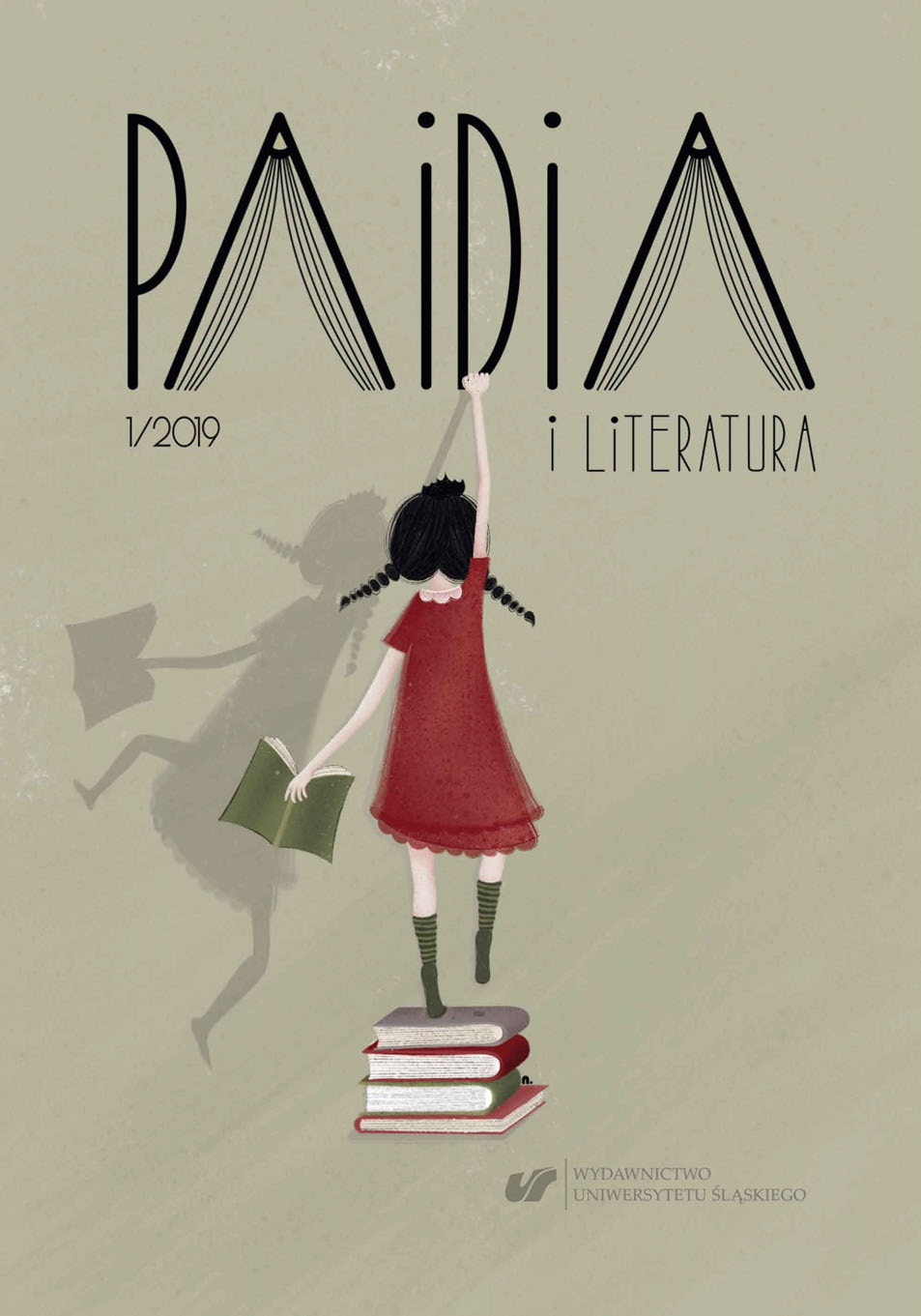
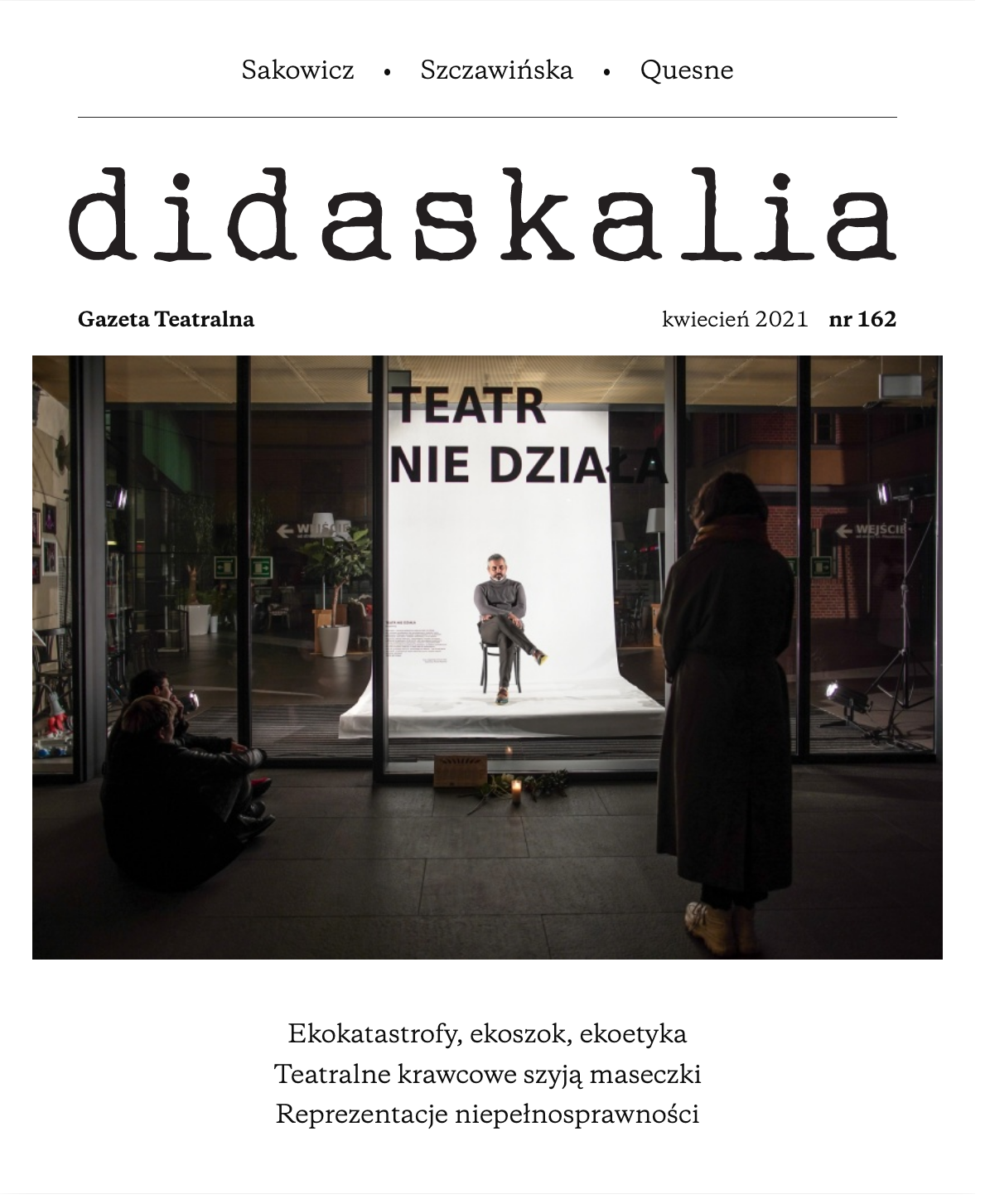
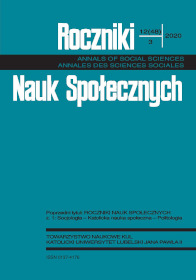
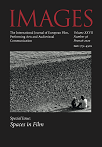
Keywords: figure; experience; road novels; metaphor; enumeration; symbolization;
The aim of the article is to show the role of various metaphorical practices that are a dominant structural feature of Andrzej Stasiuk’s prose, used to construct his textual reality. Comparisons, metaphorical statements, and enumerations represent textual figures that transform the described experience of the world from the perspective of the speaking subject, subjectivising and constructing reality, rather than merely representing it. In both his novels and feuilletons, Stasiuk relates his experiences of the world in different temporal orders, constructing them on a textual level. Yet his thoroughly subjective prose preserves the conventions of realism. At the same time, Stasiuk quite often refers to the genre of the road novel, both in his fiction and in his journalism. Textual figures of experience are his basic means of describing the presented world.
More...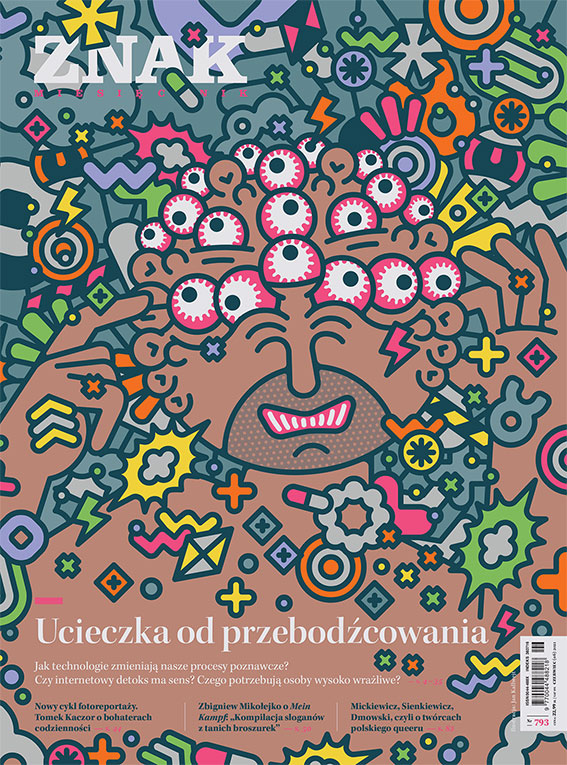
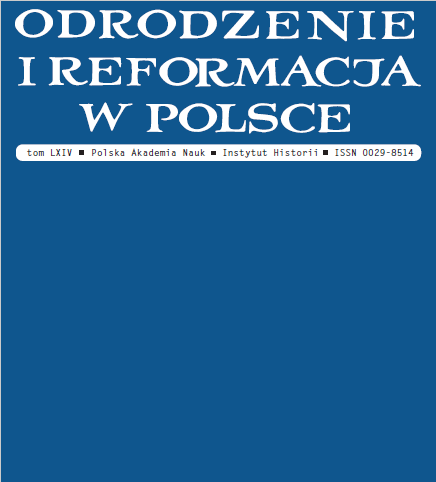
Keywords: Enea Silvio Piccolomini; Zbigniew Oleśnicki; 1453; Letter fragment;
Review of: Marta Wojtkowska-Maksymik - Marta Wojtkowska-Maksymik - Enea Silvio Piccolomini broni poezji. Fragment listu do Zbigniewa Oleśnickiego z 27 października 1453 roku, z rękopisu BJ 173 wyd. na nowo, tł., uwagi wstępne i przyp. Juliusz Domański, Warszawa 2018, Instytut Filologii Klasycznej UW (Minuscula Humaniora, t. 1), ss. 205, [3]; Francesco Petrarka, Moich siedem psalmów; Modlitwy, tł. i oprac. Włodzimierz Olszaniec, Warszawa 2019, Instytut Filologii Klasycznej UW (Minuscula Humaniora, t. 2), ss. 105, [3]
More...